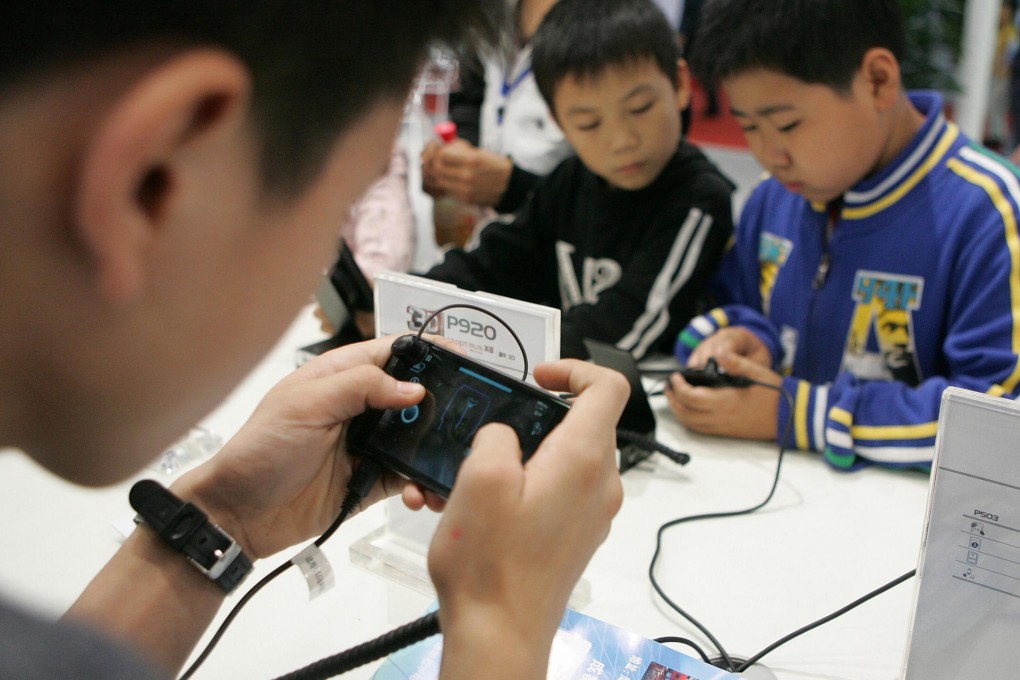China's makers of simple smartphone games set for shake-out

Manufacturers of low-end screen games are facing a simple, yet stark problem on the mainland: they lack the capital to compete with the more challenging offerings from their bigger rivals and as many as 40 per cent of them are set to disappear.
That's the view of some analysts who expect a massive shake-up in the industry this year as China's legions of gaming enthusiasts switch to more feature-rich online titles in a trend that is tipped to double the size of the market.
"There are more than 10,000 online game firms in the country at the moment," said Xue Yongfeng, an analyst at research firm Analysys International. "About 30 to 40 per cent of them will be either shut down or acquired by bigger fish by the end of the year."
This trend is under way as big developers have begun acquiring smaller operators that face little chance of survival on their own amid the intense competition.
Beijing-based Ourpalm Games, which focuses on mobile products and those involving interaction with multiple players, has spent at least 3.3 billion yuan buying stakes in developers such as Dovo Entertainment, PlayCrab Games and ShangGame.
Scale is increasingly seen as a crucial edge in the smartphone games market, which reached 26.5 billion yuan (HK$33 billion) in 2014, according to the Ministry of Industry and Information Technology. The number of users of mobile games on the mainland jumped 15 per cent to 358 million that year, it added. Xue expects the value of the market to double this year as more users move to mobile platforms.
Technology giant Tencent, which receives the lion's share of its income from online games, expects China to surpass the US as the largest games market by 2017, at US$11.5 billion. The Shenzhen-based firm's value-added services - mostly online games - reported a 38 per cent increase in revenue to 16 billion yuan in the third quarter of last year, while overall revenue rose 28 per cent to 19.8 billion yuan. Games contributed 81 per cent of its total revenue.